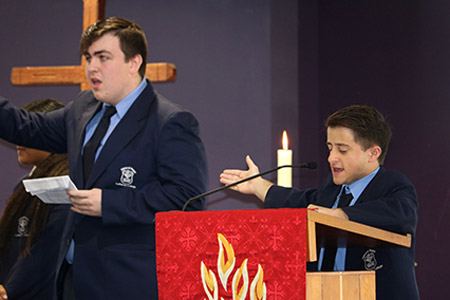Senior School Teaching & Learning
We offer our senior students a wide range of subjects, providing the foundations for a full and productive life beyond school, whether they are going on to tertiary education, vocational courses, traineeships, apprenticeships or employment.
On this page
Holistic Education
MyPoP Pathway
MyPoP Pathway Student Stories
Subject Options
Careers Education
Scholarships
Awards of Recognition
Holistic Education
 We are committed to bringing the best out in every student and inspiring them to achieve excellence through honour—their personal best. We want our students to be lifelong learners who are creative, innovators, having a positive attitude to learning, and are committed to being global citizens. We value student wellbeing, and work to assist students to develop meaningful connections.
We are committed to bringing the best out in every student and inspiring them to achieve excellence through honour—their personal best. We want our students to be lifelong learners who are creative, innovators, having a positive attitude to learning, and are committed to being global citizens. We value student wellbeing, and work to assist students to develop meaningful connections.
Pastoral Care is an important element of this holistic education, where we guide students through the challenges of early adolescence. We have a dedicated pastoral care program, covering content which is significant for each year level.
We are committed to our students becoming global citizens, driving us to explore service-learning opportunities as a means of encouraging our students to look outwardly. Service Learning is a method that combines learning in the classroom with meaningful community service. It provides valuable experiences in the development of the whole individual. Opportunities are created to make connections and develop partnerships, extend the boundaries of the classroom, foster civic responsibility and provide opportunities for student to develop their God-given talents so they may shape and enrich their world.
The College delivers a range of sporting programs. We believe that in a well-balanced curriculum all students need to be engaged in some physical activity.
Interhouse competitions take place throughout the year for cross country, swimming and athletics. Students can qualify to represent the College at district level and above.
 SEQTA
SEQTA












